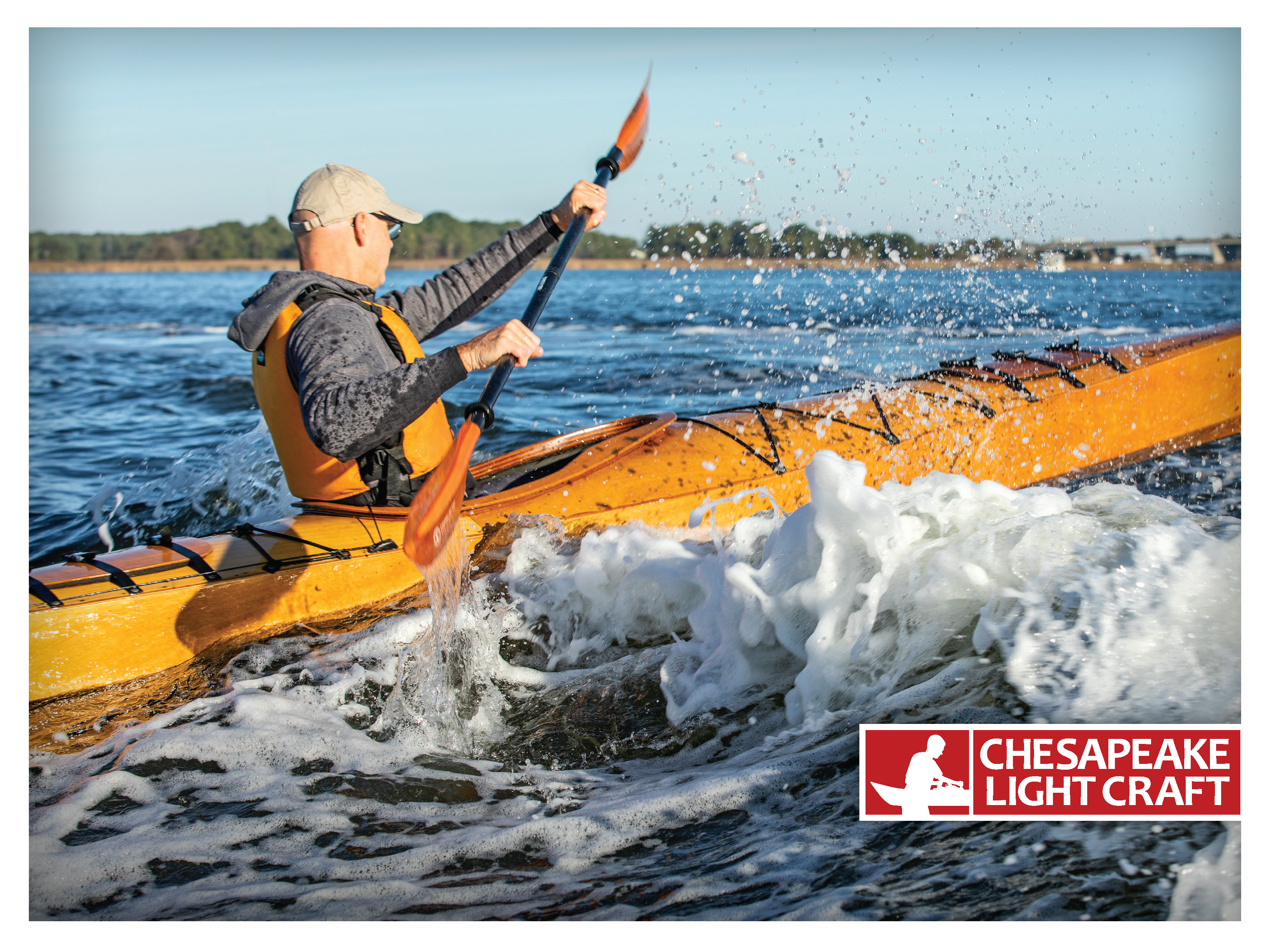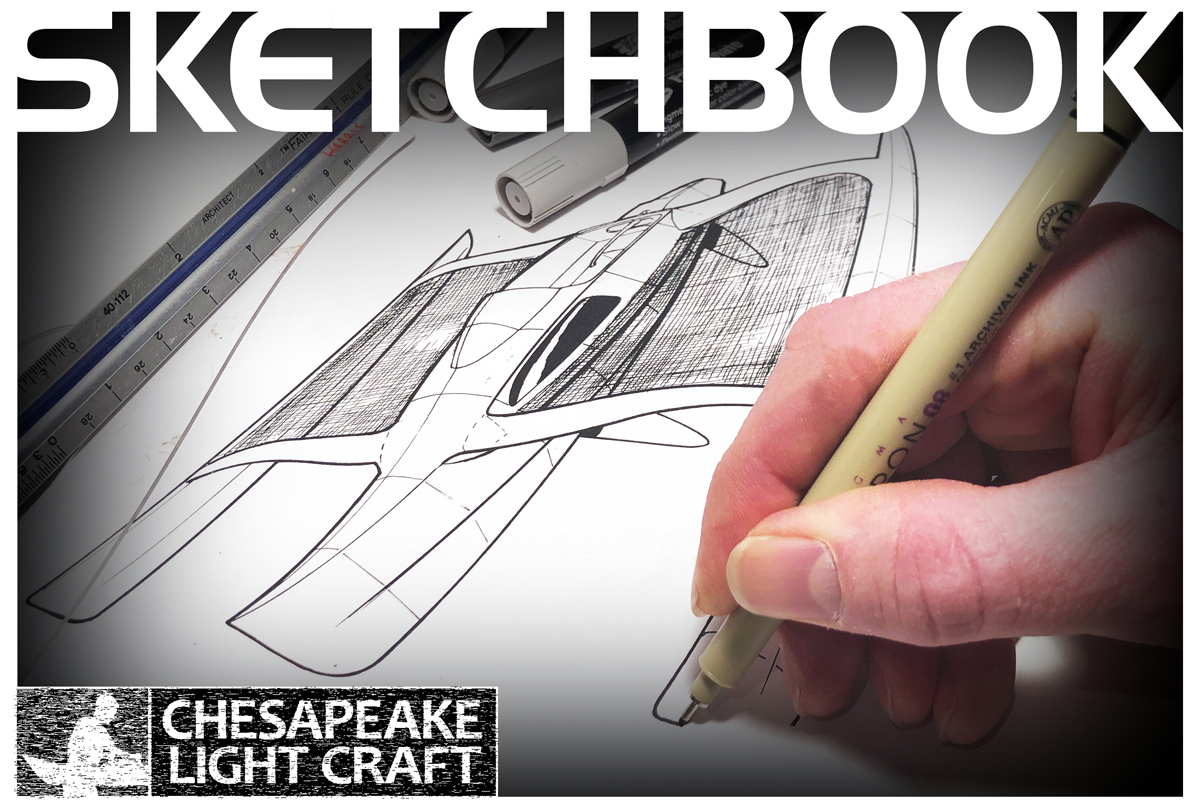by John C. Harris
January, 2015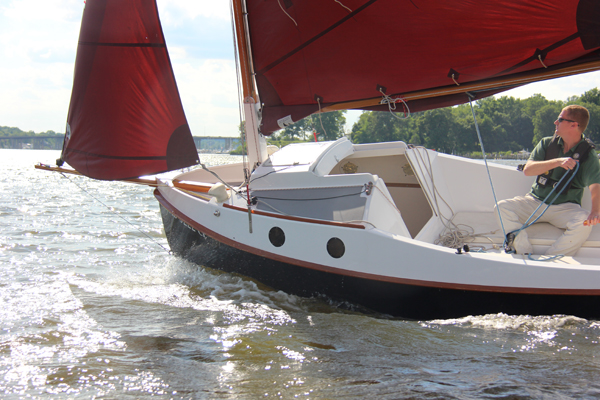
Click here to go back to the CLC Photo Contest Page
My grandmother was fond of saying, "You can't take a bad photo of the water!" I appreciate the sentiment, but yes dear, you CAN take a bad photo of the water. Here are some simple tips on how to make photos of your boat (and its crew) stand out from the crowd.
Choose good light!
The photographers call the hour after sunrise and the hour before sunset "The Golden Hour." They aren't waxing poetic; it's because they tend to get paid for photos taken during those hours. Photos taken when the sun is high in the sky can be "blown out" with too much light, or often require lots of retouching in PhotoShop.
This photo is just completely washed out by Chesapeake haze:
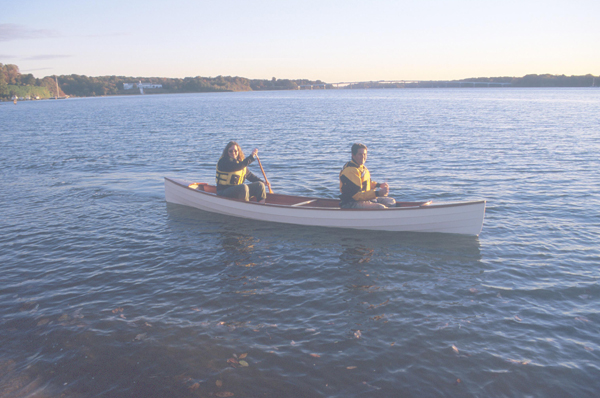
An hour later, the setting sun bedaubed these canoes with delicate shape and color:
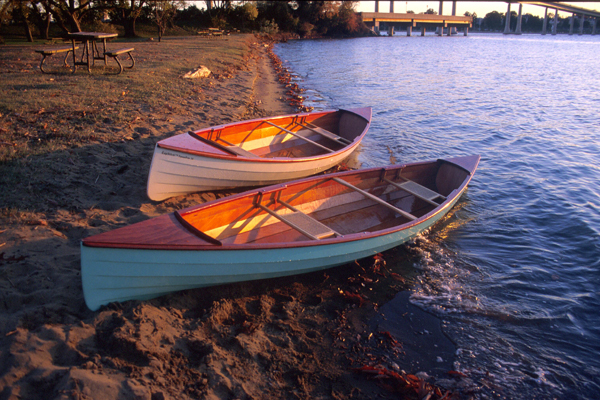
The midday sun combined with haze contrived to flatten all the life out of this photo:
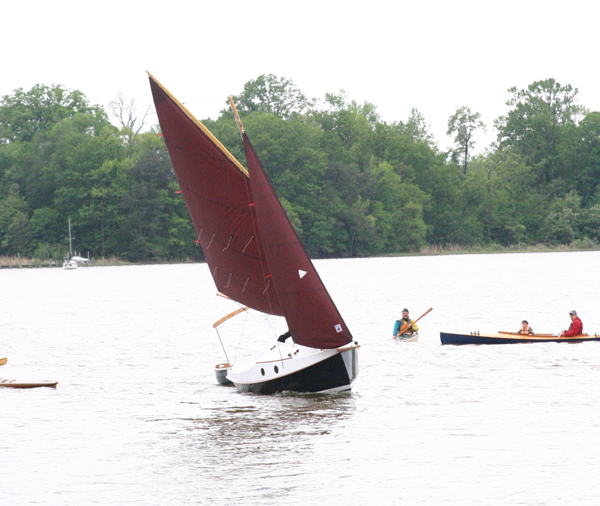
But later that very same day...
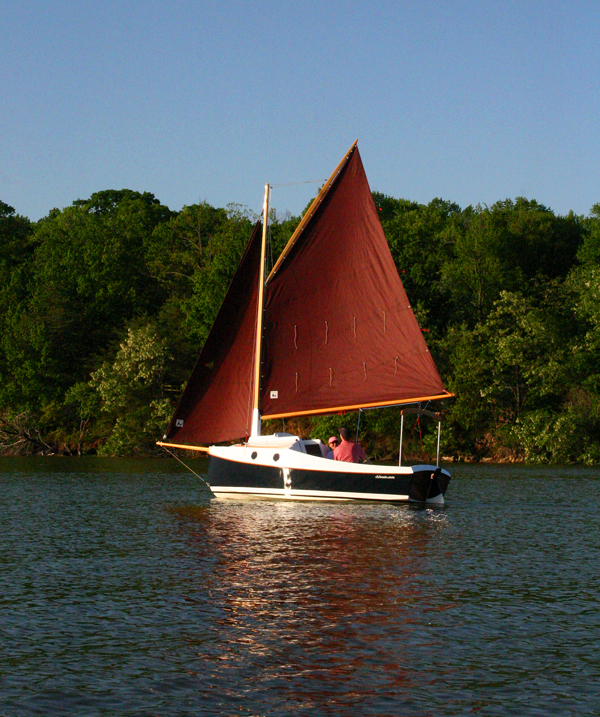
It's amazing how many photos we see with the nose and tail cropped off someone's pride and joy. Keep the whole boat in the viewfinder!
Here we have the middle part of a Wherry...
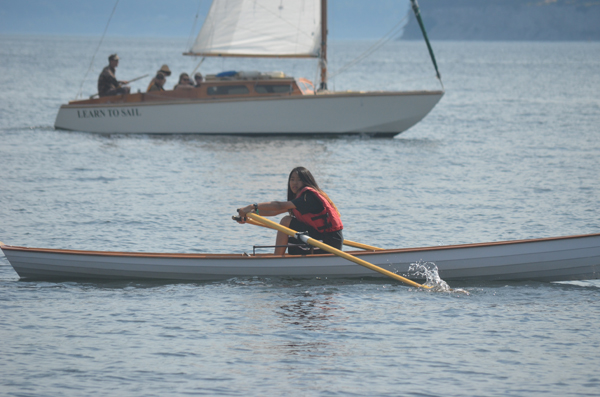
A few frames later...I knew it had a bow and a stern.
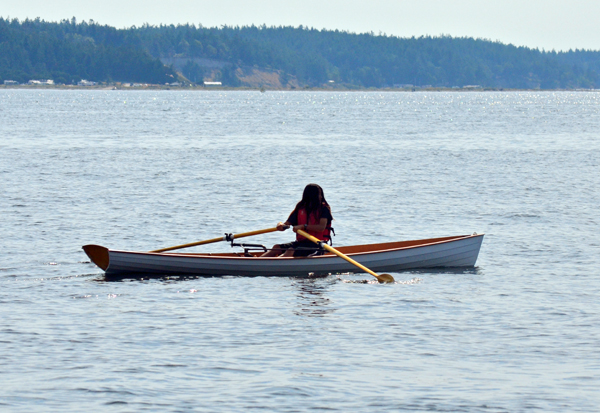
This photo manages to convey motion, shape, color, and mood with less than half the boat in the picture.
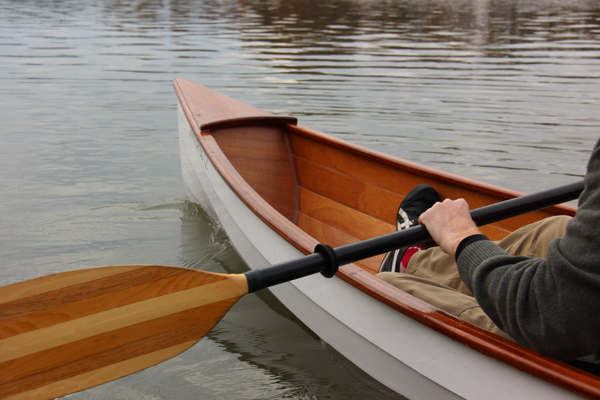
Another exception that proves the rule: Although we're missing the bow, the framing of this photo by Scott Bruce evokes action, and the Oxford Shell's classic lines speak for themselves.
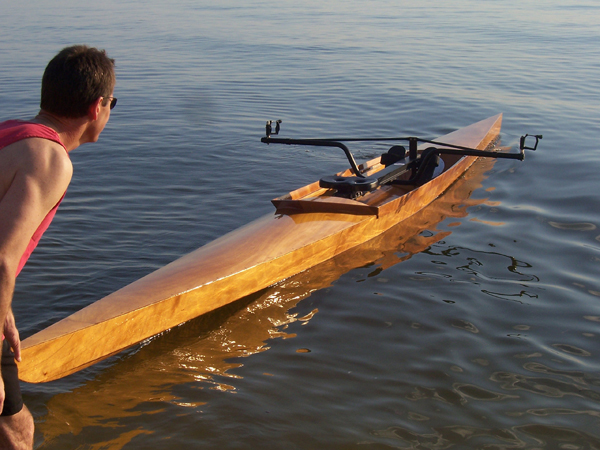
Photos of boats are good; photos of boat with PEOPLE in them are better!
While much of this Sassafras 16 canoe is cropped off, the faces convey good vibes.
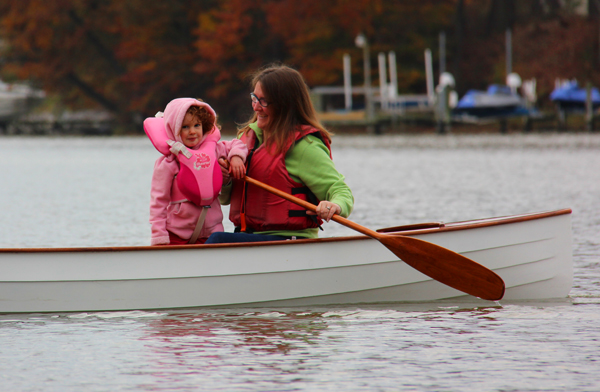
This photo says "I'm having fun!"
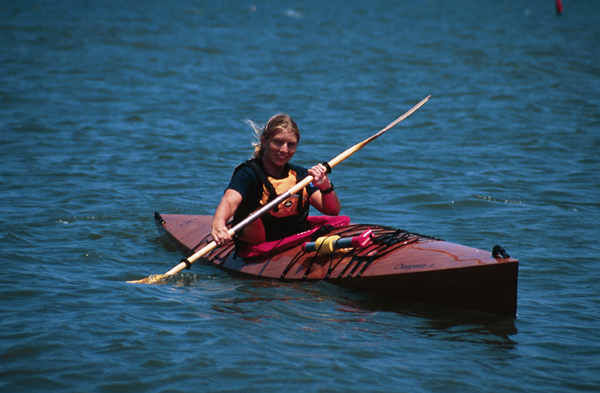
This photo says "Get me out of this thing!"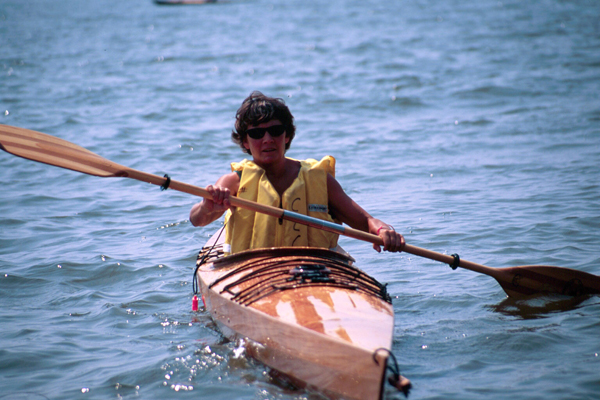
A pet peeve of mine is the sloping horizon. Try to line up the horizon with the top of the view-finder in your camera. Sure, we can rotate and crop the image in PhotoShop, but we may lose a lot of valuable pixels that way.
The off-kilter horizon is making me feel queasy...
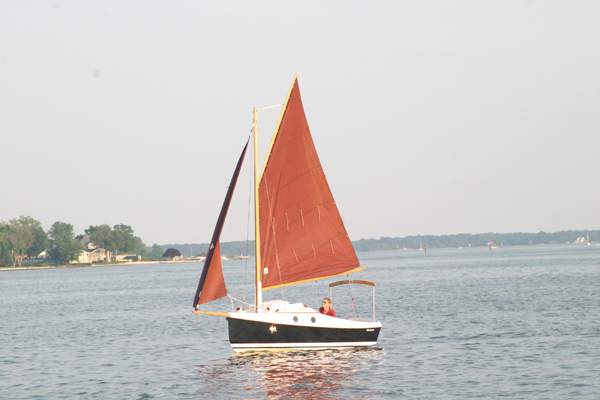
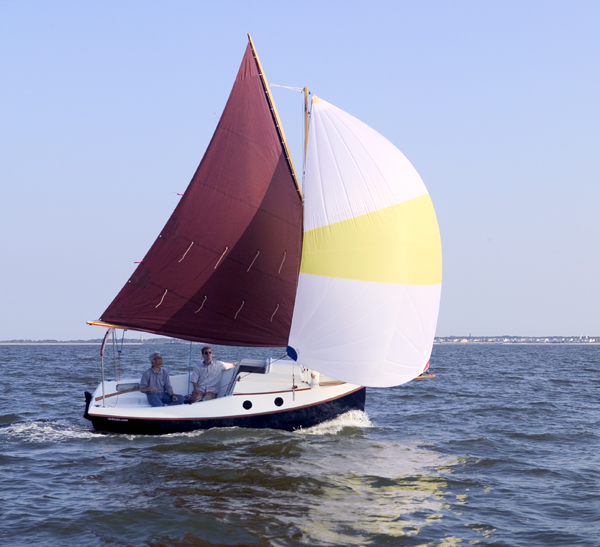
T'was a time when we begged people not to load up our email boxes with huge photos. 15 years ago that could break the internet. Nowadays, 10 megabytes is no problem. You can overdo it, of course; 3 megabytes is sufficient resolution even for print purposes, which requires 300dpi or more. Most professional photos we work with hover between 2 and 6 megabytes in size in JPEG format.
Great photo at thumbnail size...
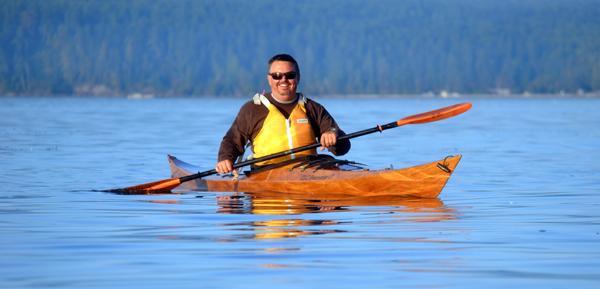
Unusable at "print" resolution:

Photography has always been the art of capturing lightning in a bottle. Nowadays, a two-year-old iPhone is capable of taking a magazine cover if you have some luck with the light and composition. With the simple steps outlined here, any amateur can grab a magazine cover. Just ask me: I'm a completely untrained photographer but I've had numerous covers! Just a matter of being a little patient, choosing my light, and pressing the shutter at just the right moment.
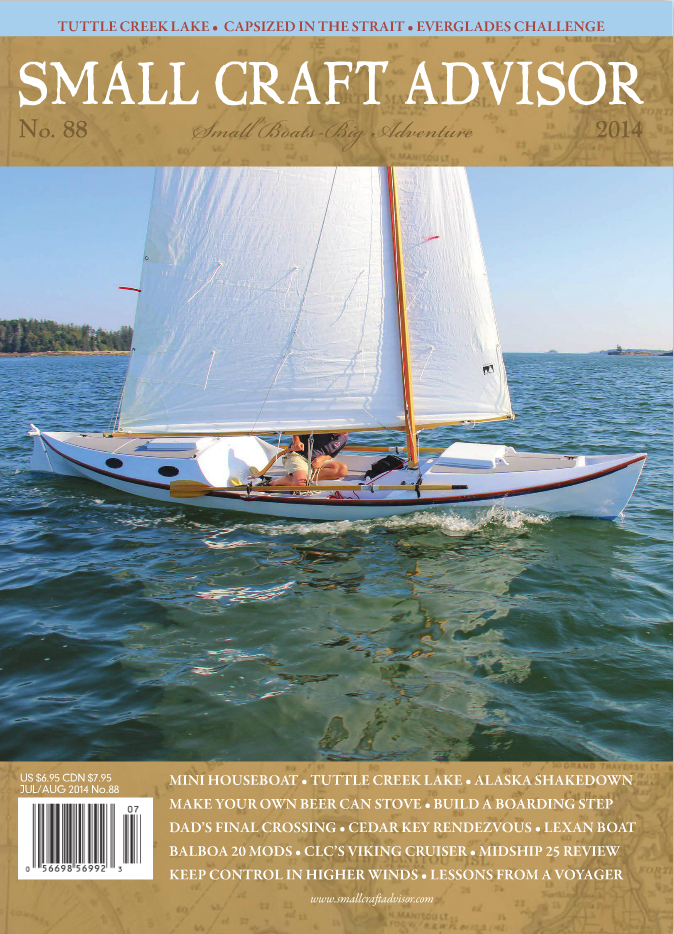


 return to section:
return to section: 






